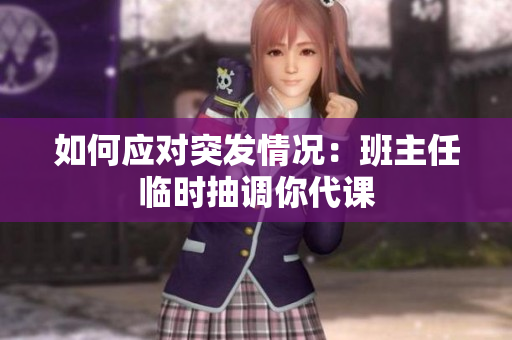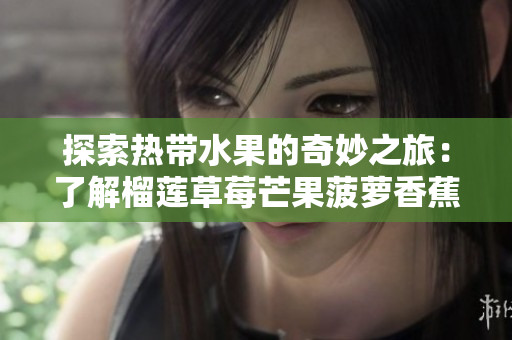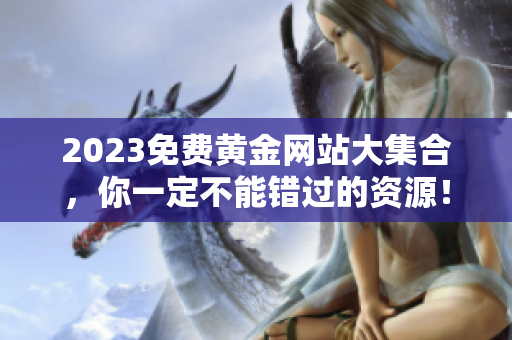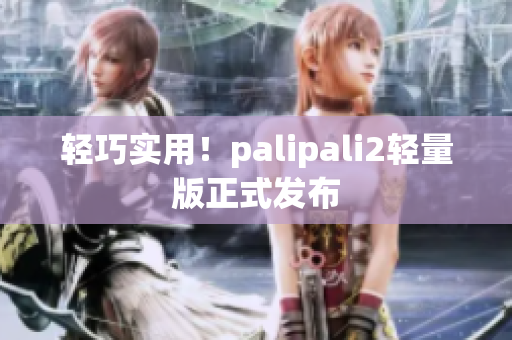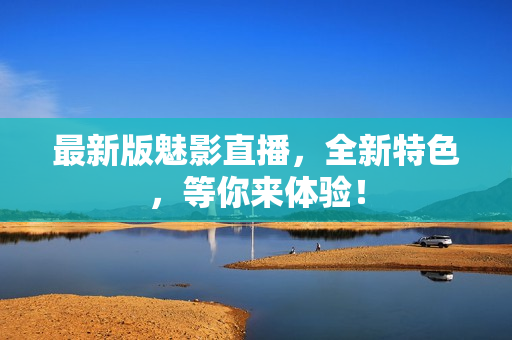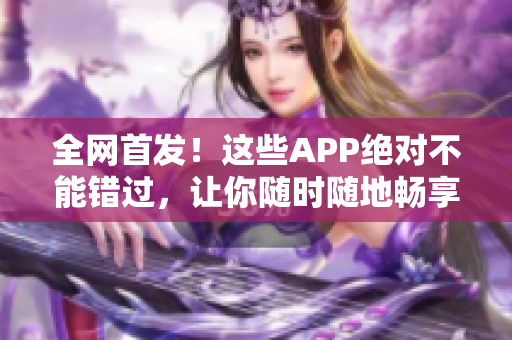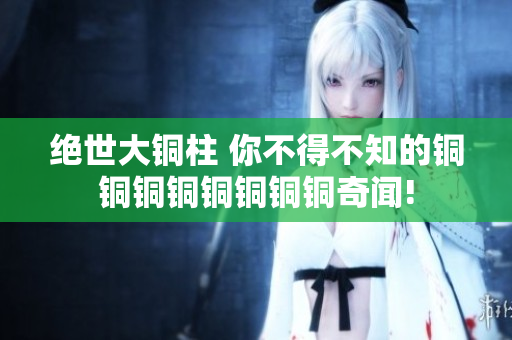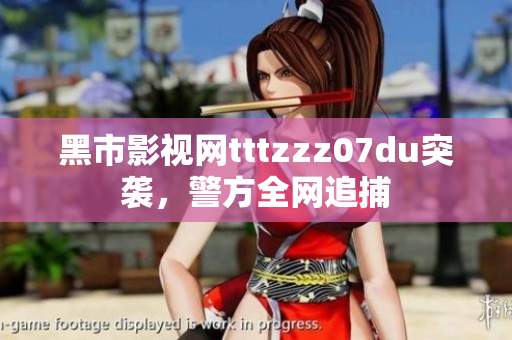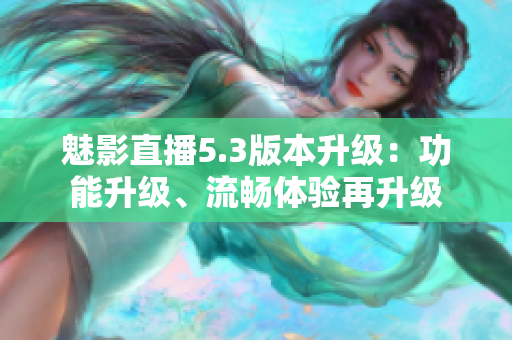Introduction
In this article, we will explore the connection between top-tier Western art and humanities and the cutting-edge technology of 5G. Additionally, we will discuss a range of topics, including a teacher's request for a C1 lesson, a classmate's emotional response, a controversial topic about in-game spending, and a Southeast Asian shortage of resources for early childhood education.
Top-Tier Western Art and Humanities
Western art and humanities have long been considered some of the finest expressions of human creativity. From the architecture of the Italian Renaissance to the poetry of Shakespeare, Western culture has produced countless masterpieces. The works of art and literature that emerged from this cultural wellspring have inspired people for centuries, shaping their understanding of art, culture, and human experience.
5G Technology
The emergence of 5G technology has further expanded the realm of human experience. With lightning-fast connectivity and high-bandwidth capabilities, 5G is poised to revolutionize the way humans interact with technology. Experts predict that 5G technology will usher in new levels of connectivity, empowering people to engage in advanced virtual reality experiences, remote surgeries, and seamless high-definition video streaming.
Teaching with 5G
With 5G technology's enhanced connectivity capabilities comes a range of potential teaching applications. From virtual classrooms that connect students from different parts of the world to interactive lesson plans that incorporate 3D projections and augmented reality, 5G technology opens up a world of possibilities for educators. Teachers can use this technology to create immersive learning experiences that break down traditional classroom barriers and provide students with new and engaging ways to learn.
Controversial Topics and Emotional Responses
It's not uncommon for controversial topics to arise in the classroom, and teachers must be able to navigate these conversations in a sensitive and respectful manner. In our example, a teacher might request a C1 lesson, which refers to a Common European Framework of Reference for Languages level that measures a student's language proficiency. Additionally, a classmate might become emotional during a discussion on a sensitive topic. Teachers must be equipped to handle these situations, create safe spaces for discussion, and provide students with the support they need.
In-Game Spending and its Impacts
In-game spending is a controversial issue that has attracted significant attention in recent years. Many games offer players the option to make purchases within the game, such as skins, loot boxes, and other cosmetic or gameplay enhancements. While some players enjoy this feature and are willing to spend real money on in-game items, others criticize this monetization model as exploitative and harmful to players. It's essential to have open and transparent discussions about these issues, particularly in a classroom setting where students can learn to engage with diverse perspectives and develop critical thinking skills.
Southeast Asian Early Childhood Education Resource Shortage
Early childhood education is critical to a child's development, yet many countries in Southeast Asia face resource shortages in this area. Historically, many households have struggled to access formal education due to financial barriers, leading to widespread disparities in access to education across the region. Addressing these resource shortages is essential for ensuring that all children have access to high-quality education, regardless of their background or family's financial situation.
Conclusion
By exploring the intersection of top-tier Western art and humanities and cutting-edge 5G technology, we can see how these two realms come together to create new possibilities for learning and exploration. Whether it's teaching with 5G technology or navigating sensitive topics in the classroom, educators and students alike must be able to engage with a diverse range of perspectives respectfully and with an open mind. Additionally, addressing resource shortages in education, particularly early childhood education, is essential for creating a more equitable society that can support the development of all individuals.

